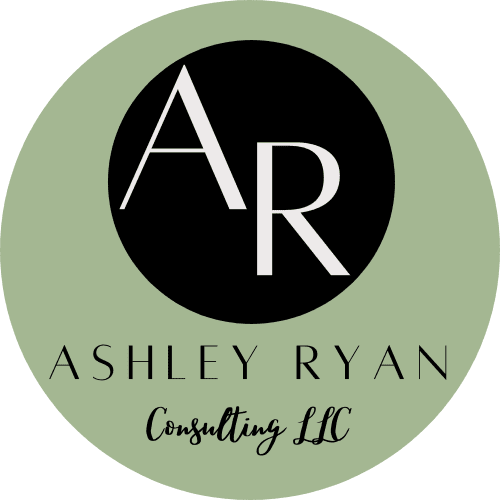Complementary Consulting Services

Training: Substance Use Disorder in Women: History, Use, and Treatment Workshop
We have developed the following training workshop and can facilitate it at various locations in the United States. This training is available in the following formats: a one-hour webinar, a half-day in person, or a full-day in person.
WORKSHOP DESCRIPTION: Substance use disorder is a biopsychosocial disease that impacts women differently than men. Varying treatment approaches for men and women are vital to know and implement for effective treatment. Throughout the United States' treatment history, women have had less access to treatment, and they still do today. Stigma continues to be a barrier for women accessing treatment and treatment providers offering care. This workshop will shed light on common emotional and physical differences women experience versus their male counterparts before, during, and after treatment. Also, socioeconomic factors may significantly affect a woman's ability to achieve long-term sobriety. This presentation will help present women-specific common treatment issues and considerations for clinicians, peers, law enforcement, family members, and more.
WORKSHOP TARGETED LEVEL: This workshop targets all levels. Entry level includes CDCAs and similar candidates. Intermediate Level includes LCDC II, LSW, and LPN. Advanced Level includes PC, PCC, LISW, LCDC III, LICDC, RN, and Ph.D. & MD.
WORKSHOP OUTLINE (3.5-HR FORMAT):
- Introduction
- Women-Centered Treatment
- Women’s Treatment History, Aspects of Women’s Centered Treatment, Post-Treatment & Success Rates
- Activity 1 - Evidence -Based Practices for Women
- Jessica’s Story (Severe Trauma, Human Trafficking)
- Prior Trauma, Trauma Informed-Care, Possible The First 72 Hours Triggers, Considerations for Human Trafficking Victims
- Activity 2 - Trauma-Informed Care
- Break
- Lunch Fight Story (Experiences in Treatment)
- Treatment Barriers and Gaps, Emotional & Physical Experiences During Treatment, Aspects of Use
- Sheila’s Story (Pregnancy & MAT)
- Pregnancy & SUD, Barriers to Treatment for Pregnant Women, Absconding From Treatment
- Activity 3 - Gender Bias
- Wrap-up
- Communities Working Together, Local Resources, Reminders
VIEW PAST TRAINING:
Session 2: Substance Use Disorder in Women - History, Use, and Treatment Recording now available!
EDUCATIONAL/LEARNING OBJECTIVES:
- Describe women’s treatment history and current aspects of women-centered treatment.
- Identify up to five components regarding the emotional and physical experience of women with SUD.
- Describe two ways women with substance use disorder are stigmatized.
- Identify trauma-informed care tactics to increase the quality of care and client access.
- Use seven evidence-based practices valuable in a women's treatment setting.
WHAT PARTICIPANTS ARE SAYING:
- 100% of May 2023 participants were satisfied with their overall experience, the facilitator's documentation supported his/her knowledge on the topic, and would recommend this facilitator to conduct this workshop again. 98% believed the content covered in this session is useful/applicable to their work. On a scale of 1 to 10, participants increased knowledge by 20% on average.
- 73% of October 2023 participants directly commented on the presentation's excellence, organization, and speaker's knowledge and engagement. The 77 respondents rated this presentation with top marks in satisfaction, benefit, and impact on their work.
- "Ashley was knowledgeable and had information. Her presentation style was inclusive and respectful. I recognize that this was a faster session, but I would love more information about programs and resources in Cleveland. I found it challenging to follow the discussion about modalities-not sure how it could be offered differently. Thank you!" - Anonymous participant from May 2023 Cuyahoga County Drug Court Training
- "This was great training. I am new to working with this population, I thought the information was interesting. I enjoyed the thought-provoking activities." - Anonymous participant from May 2023 Cuyahoga County Drug Court Training
- "Thank you! Very informative, good activities. I enjoyed and would recommend." - Anonymous participant from May 2023 Cuyahoga County Drug Court Training
To get started today, call (440) 223-3679 or email [email protected].
Receive a Free Consultation Today
Contact Form
Contact me with any questions regarding my consulting services.
